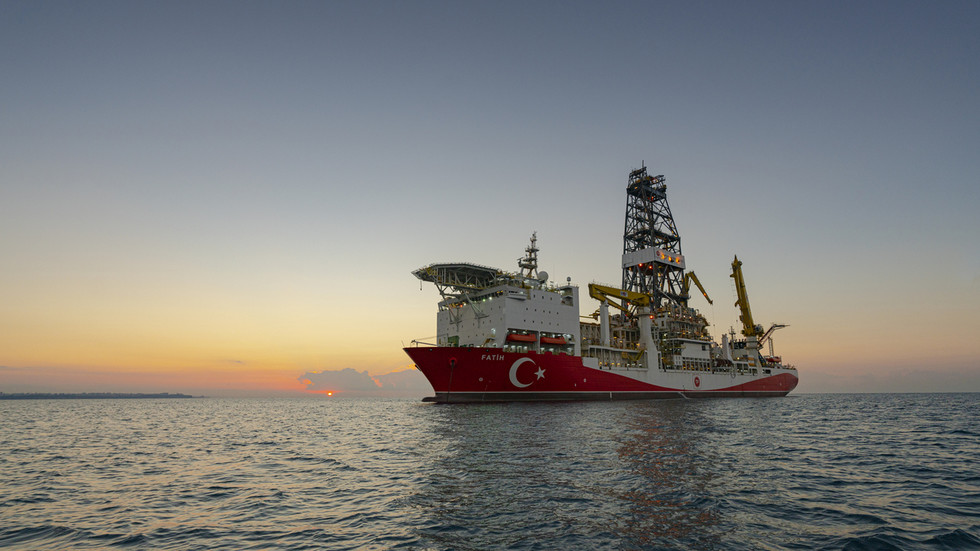
The country may slash its gas imports by a quarter if a massive new deposit pans out
© Getty Images/ozgurdonmaz
Türkiye’s gas reserves in the Black Sea can cover the country’s needs for decades to come, Energy Minister Fatih Donmez announced at the ‘The Century of Turkey in Energy’ forum on Monday.
Current proven deposits will be able to allow domestic demand to be met for the next 30 years, while new discoveries in the Black Sea will extend this self-sufficiency in terms of gas supplies even longer, the official stated. He added that the first phase of Black Sea gas production will begin in March.
The existing infrastructure for gas transportation and storage facilities, as well as the sites that are under construction, are designed to remain in operation for at least 50 years, according to the minister.
“I hope that when production in this region [the Black Sea] reaches full capacity, we will cover a quarter of our gas needs,” Donmez said, meaning that the country would slash its imports by a quarter.
The statement comes as Türkiye has revised its estimate of Black Sea natural gas reserves higher by a third to 710 billion cubic meters (bcm). In December, Ankara increased its initial assessment of an offshore deposit of the Sakarya Gas Field and discovered a new gas field, Caycuma-1. The Sakarya field is now estimated to hold 652 bcm of gas, compared to an initial assessment of 540 bcm.
The newly discovered Caycuma-1 field is estimated to contain 58 bcm. It will be connected to the Sakarya field and from there to the national grid, Turkish President Recep Tayyip Erdogan said last month. The Sakarya deposit, which appears to be the largest ever discovered in the Black Sea, is due to go online this year.
Türkiye is seeking energy independence and wants to diversify away from imports, which are used to cover nearly all of its domestic consumption. The country is currently highly reliant on supplies from Russia, Azerbaijan, Iran, Nigeria, and Algeria, as well as LNG imports from Qatar and the US.
For more stories on economy & finance visit RT’s business section